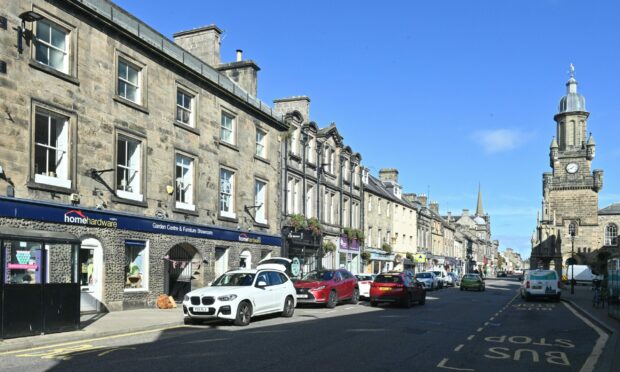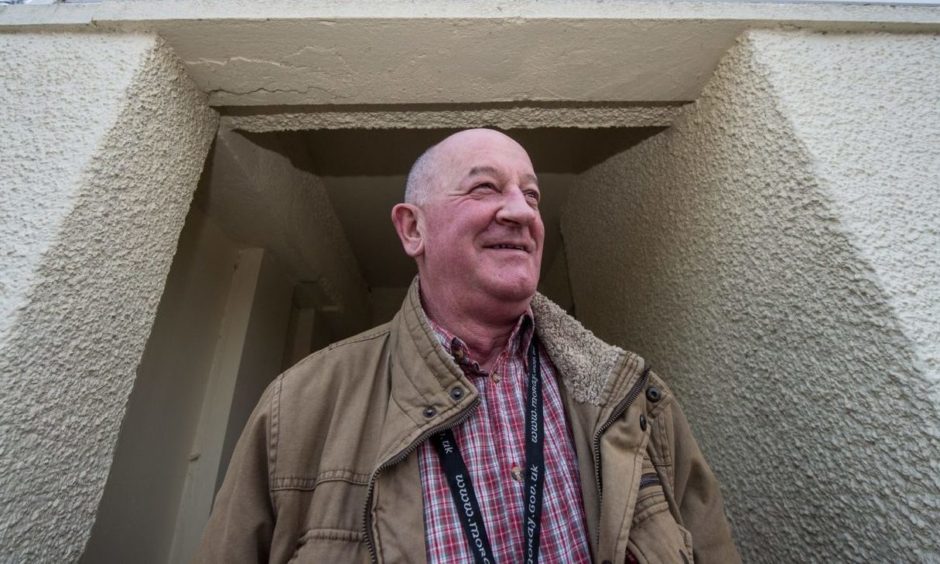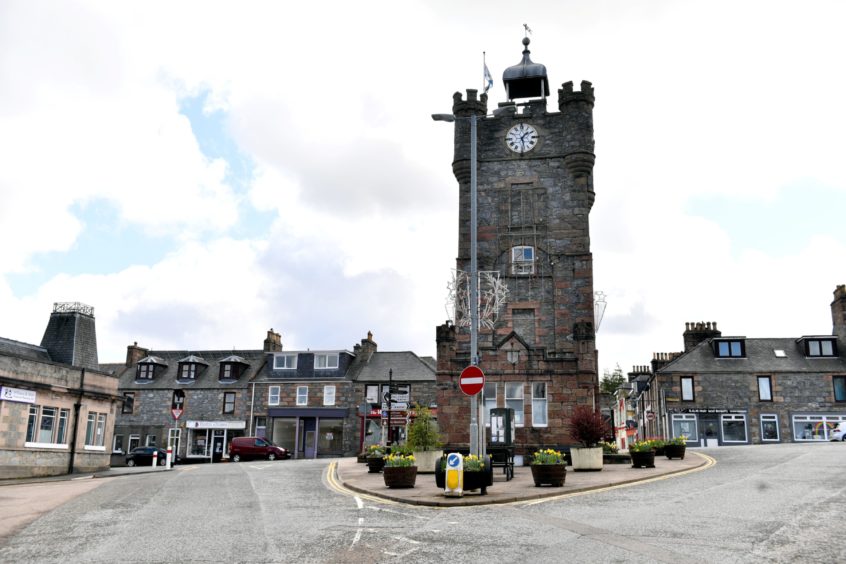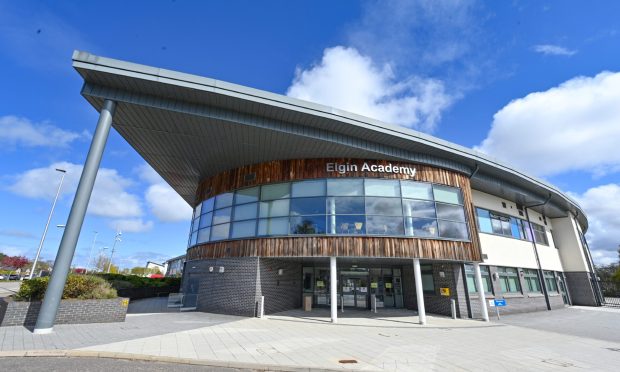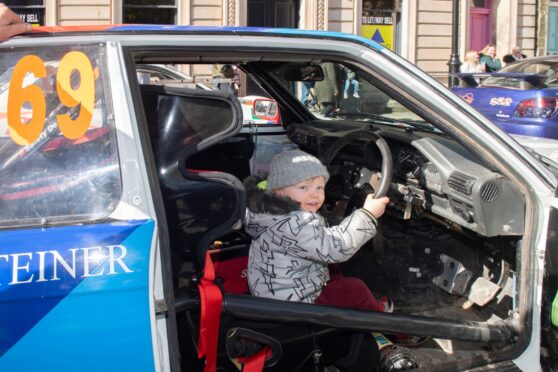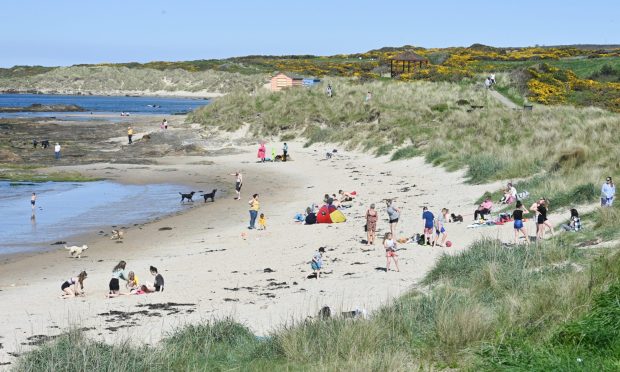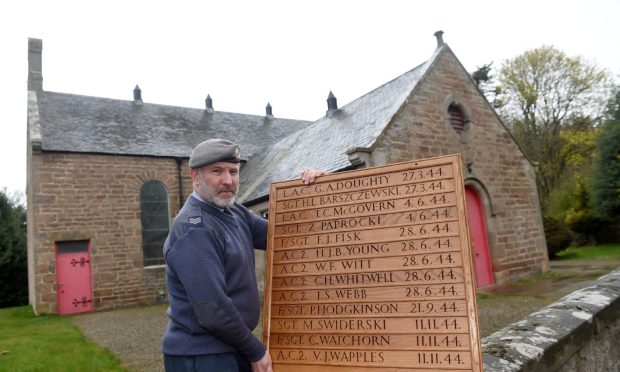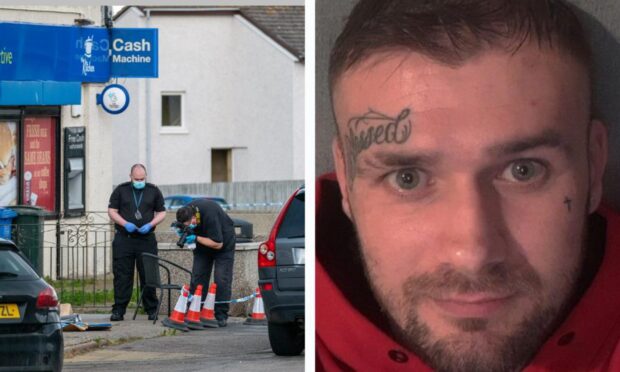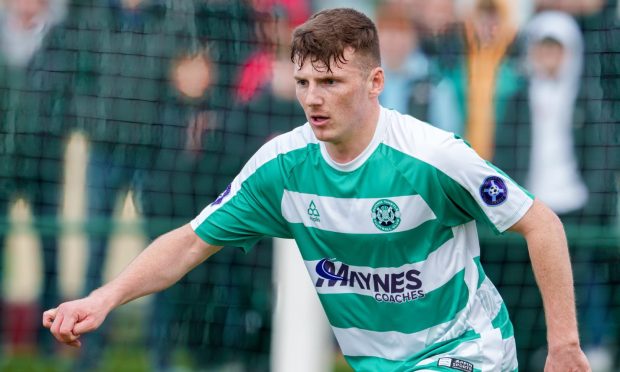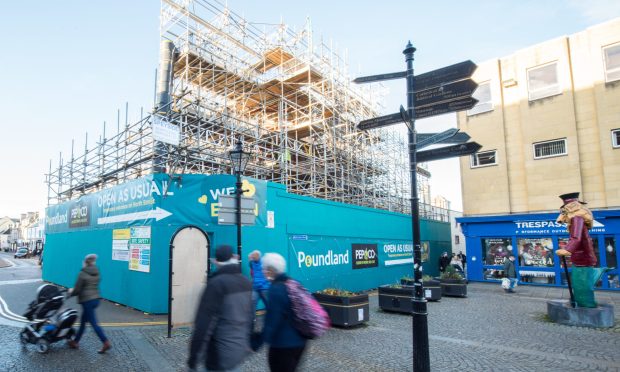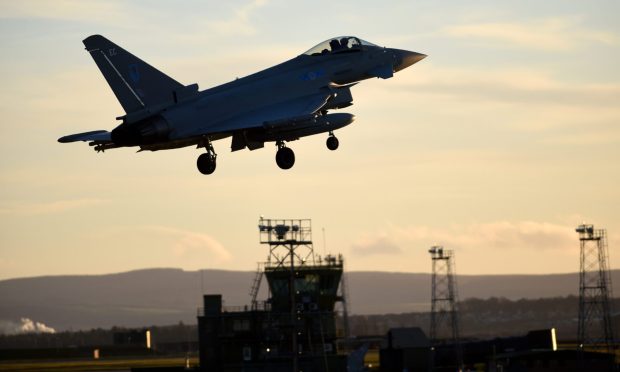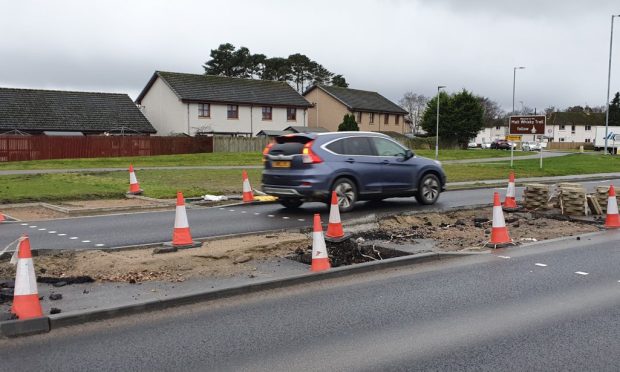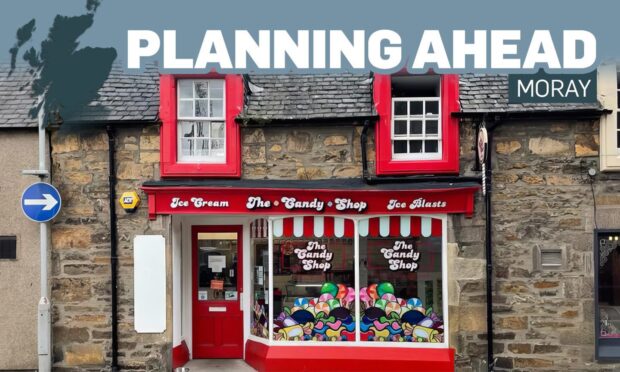Parking must be retained for people living in rural areas if Moray communities are to be regenerated and inclusive.
That was the message from some councillors discussing proposals aimed at breathing new life into six Moray towns on Tuesday.
Members of Moray Council’s planning and regulatory services committee agreed draft town centre improvement plans for Aberlour, Buckie, Dufftown, Forres, Keith and Lossiemouth and for them to go out for public consultation.
The aim is to make each town more attractive for people to live in and tourists to visit by improving pedestrian and cyclist access, promoting heritage, restoring buildings and creating more environmentally-friendly spaces.
However, some felt the move towards encouraging walking and cycling should not detract from those who need to use a car for health reasons or because they stay in more remote locations.
Independent councillor for Speyside Glenlivet Derek Ross said: “I’ve lived in Speyside for over 40 years and I know that people shop and interact in Aberlour and Dufftown.
“Most people from Glenrinnes, Glenlivet and Tomintoul go to Aberlour and Dufftown and they take their cars, so we must retain parking for people.”
SNP councillor for Buckie Sonya Warren told the meeting residents had already spoken to her about plans for the town, including access in and around the North Church quadrant.
Mrs Warren said: “What about deliveries, access to the church hall and access for disabled people and mothers with young children and buggies?”
While accepting the need to encourage walking and cycling, Conservative councillor for Elgin North Frank Brown asked that people who have to rely on their car not to be forgotten.
He said: “These towns are all areas where people come to who live much more rurally, and there’s poor connectivity for people who live outside these settlements to shop and socially interact.
“That means people have to use cars.”
A sum of £200,000 is available for the proposals with the aim of attracting matching funding from external sources.
Proposals in Aberlour include enhancing the Alice Littler Memorial Park to make it a more vibrant space, and in Buckie plans involves improving Cluny Square for the purpose of holding civic events as well as showcasing the town’s historic buildings.
Supporting the refurbishment of the clock tower in Dufftown is one priority, as is to help turn Forres Town Hall into a multi-purpose community hub.
Match funding will be sought to boost the £200,000 pot
In Keith, Reidhaven Square is in line for an upgrade, and in Lossiemouth proposals for the regeneration of the esplanade and Clifton Road includes a new cycling hub.
An option to bring in public wifi for areas across all six towns will be looked at, as will the introduction of electric vehicle charging points.
The eight-week online consultation started on Tuesday and runs until March 14.
A series of virtual meetings will be held with community councils and other interest groups, with one-to-one sessions also available.
Comments, including those made by councillors, will be collated and reported back to the committee in the summer.
